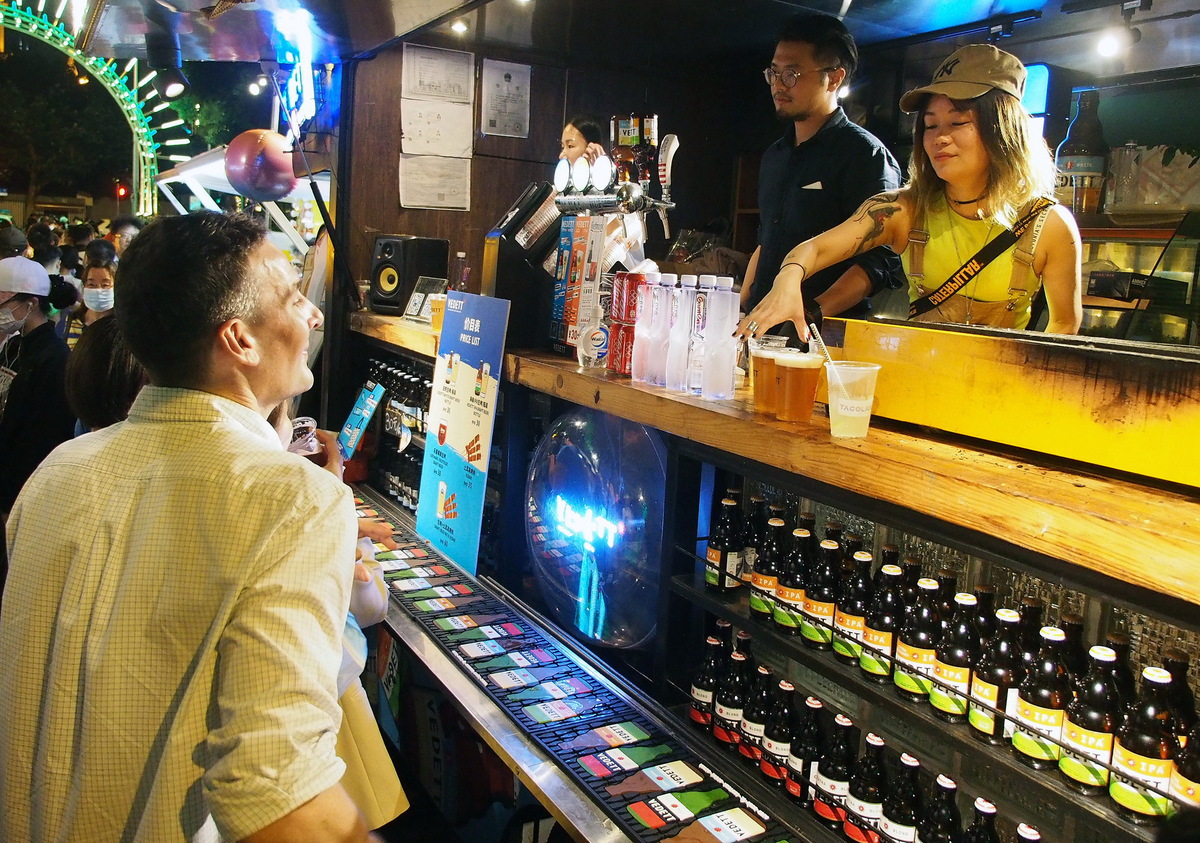Scale of night economy expected to reach 30t yuan in 2020


The scale of China's night economy is expected to reach 30 trillion yuan ($4.28 trillion) this year, People's Daily reported on Wednesday.
Market consultancy iiMedia Research made the projection as the country's night consumption has accelerated and urban vitality has further exploded since the beginning of summer.
A series of measures, including innovations in product supply and extending business hours, have been taken to stimulate nighttime consumption by some businesses.
The formation of a nighttime economic system with more rational layouts, better functioning, and richer formats is accelerating in many Chinese cities.
Management conventions and friendly reminders have been made to regulate the business behavior of night market merchants during the epidemic prevention and control period, said Xie Shanqing, a night market inspector for urban management in Chaonong street, Xihu district, Nanchang, East China's Jiangxi province.
China's consumer market continues to recover currently with a gradual burst of urban vitality and accelerated night consumption, said Fu Yifu, senior researcher of Su Ning Financial Research Institute.
Data from Didi Chuxing shows the number of people using car-hailing services after 7 pm in June increased 10 percent from the previous month in a majority of Chinese cities and it even increased 30-40 percent in some cities including Taiyuan in North China's Shanxi province, Qingdao in East China's Shandong province, and Dalian in Northeast China's Liaoning province.
The overnight orders from 6 pm to 6 am in major cities across the country have increased by more than 60 percent in the past two months, accounting for more than 40 percent of all-day orders, according to Meituan takeout data.
The activity of the night economy is an important aspect to reflect the vitality of a city, said Cui Lili, executive director of the E-commerce Research Institute at Shanghai University of Finance and Economics.
Enterprises should follow the trend for night economy development and focus on diversified online and offline layouts based on their own situation.
Local cultural and tourism resources should be fully explored offline, and online consumption scenarios should be cultivated with the expansion of livestreaming and online tourism, Cui said.




































